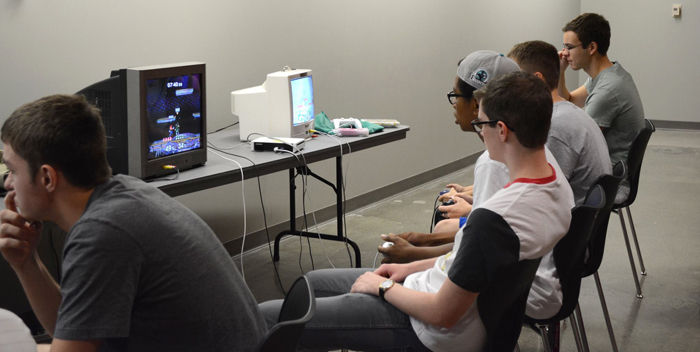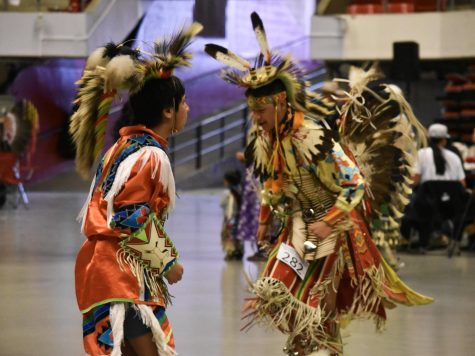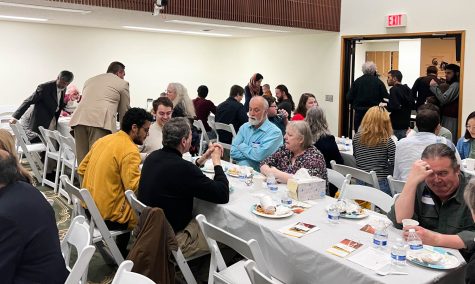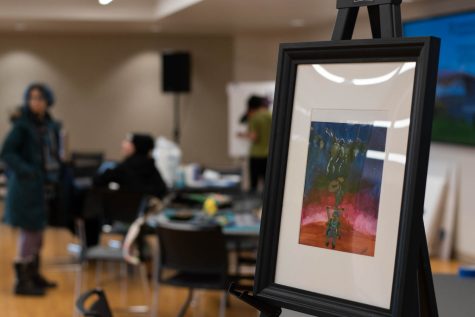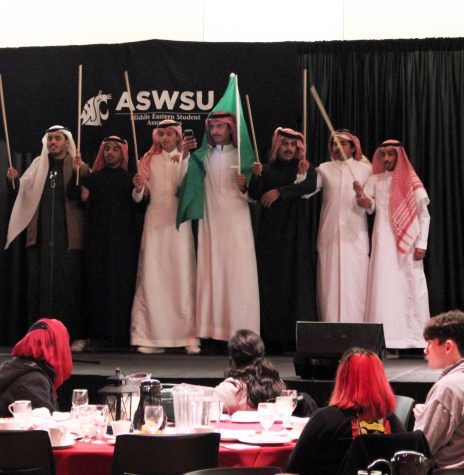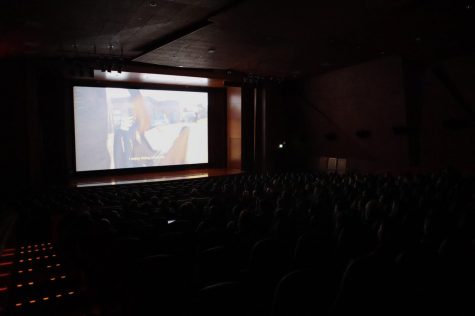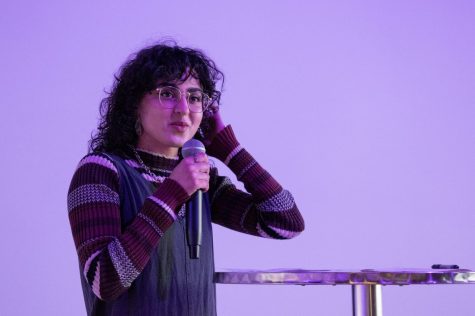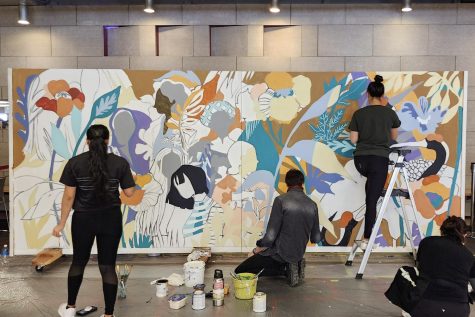Gamers unite
WSU offers a wide variety of clubs to students, including the Smash Bros. at WSU and League of Legends club. Both of these clubs provide a casual and fun environment for gamers around campus.
September 21, 2015
Video games may not be synonymous with the university setting, but a few clubs are challenging the status quo of student organizations.
When senior computer science major Jacob Krahling started Smash Bros. at WSU – a club where members compete in tournaments of Nintendo’s crossover fighting game – in 2013, he was simply trying to spread the love of the game. The club started out as a group of friends in Rogers Hall, playing Smash Bros. Brawl in small tournaments.
Now, the student organization hosts monthly events and has 55 members, some of whom compete at local, state and sometimes national level events.
Two years after the creation of the club, Krahling’s goal remains simple.
“The first goal is to just get people into the game and get them playing it. I’d say the second goal is to get people good at the game,” Krahling said. “That makes it a whole lot more competitive and a whole lot more fun.”
Though the goals of the club and the goals of the game are simple enough, the gameplay itself can prove challenging. The club has a ranking of its top 10 players, and frequently hosts double-elimination tournaments.
Next weekend, these top players will go on to represent WSU in the Smash Games and compete against other colleges in the region, including Gonzaga and Eastern Washington University. If they do well enough there, the club can go on to compete at the state level against colleges from the west side of Washington. The best school in Washington will go on to represent the state at a national tournament in January in California.
While Smash Bros. at WSU is a club that may sound different than most other student organizations, they are no longer completely unique.
League of Legends is similar to Smash Bros.; not in the way of gameplay, but in the way they both draw a special sort of fandom. That is why in March of 2014, senior computer science major Edward Kuo co-founded the League of Legends club.
“There were lots of gamers on campus particularly spread out through dorms and apartments and none of them really got together and played the game,” Kuo said. “So we said, ‘Hey, we could provide a competitive and casual environment to get together and have fun with.’”
The club has stuck with those root ideals, and as Kuo explained, the game can often be related to a spectator sport. So the club puts on events to watch live gameplay from all around the world, such as world championships, as well as events to play locally with other students.
“A lot of people come out just to play together, not even in tournaments, just to network with each other and make friends,” Wong said.
While both the Smash Bros. and League of Legends clubs make playing video games the foundation of their student organizations, it is the sense of networking and getting connected with people that draws students. The competition can be fierce at times, but the relationships that people make outside the plane of virtual battle keep people coming back and calling the clubs home.
You can follow the Smash Bros. at WSU’s live stream at twitch.tv/smashbrosatwsu and get connected with both clubs on their Facebook pages, where they post information on upcoming events.


